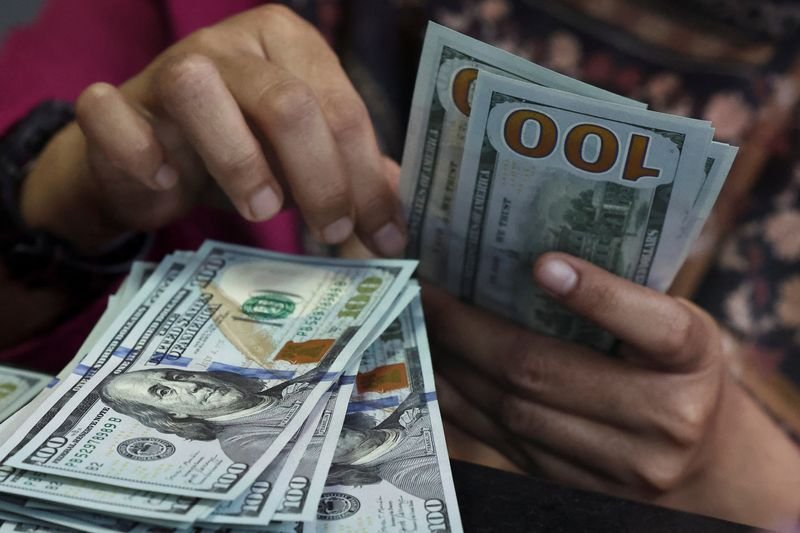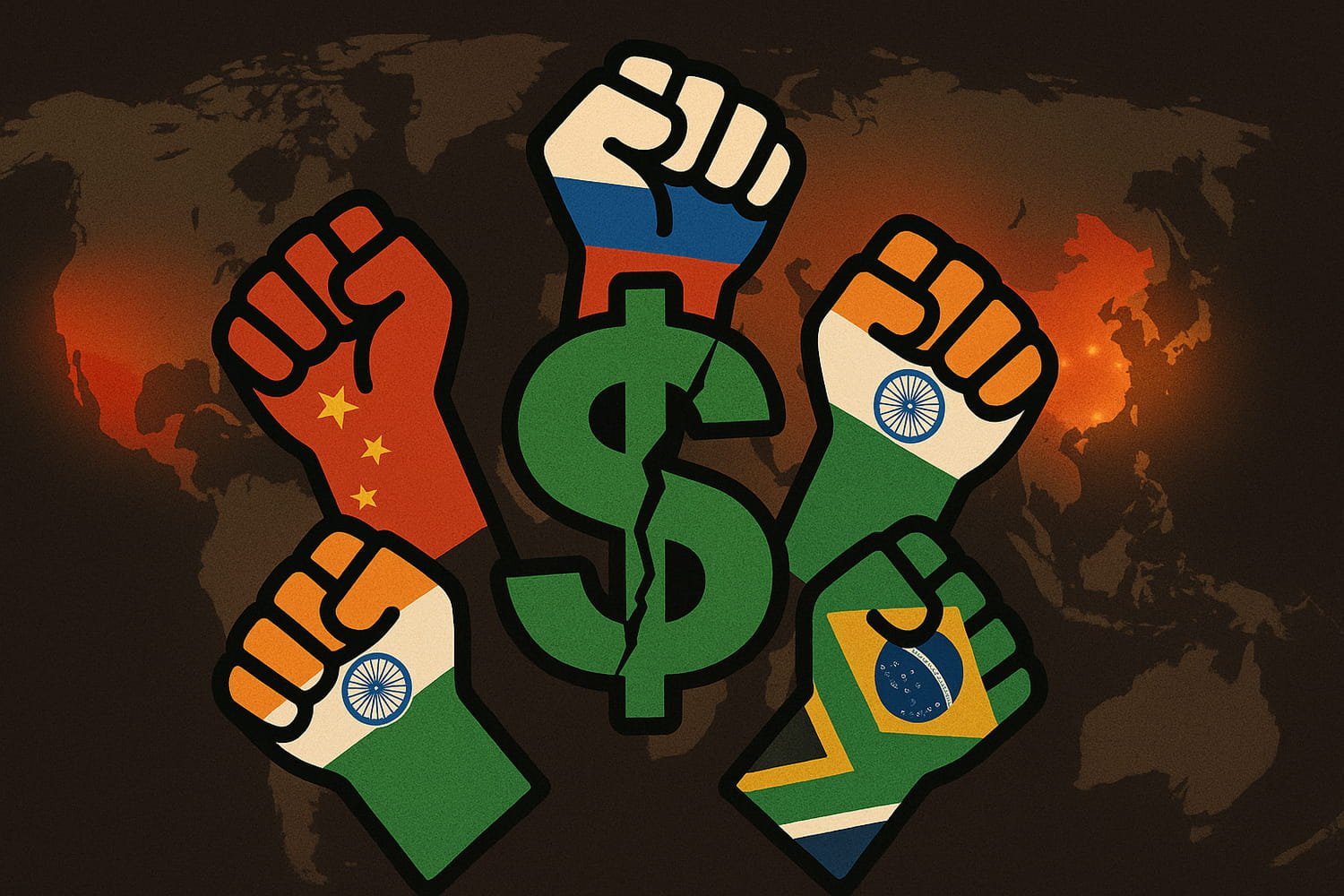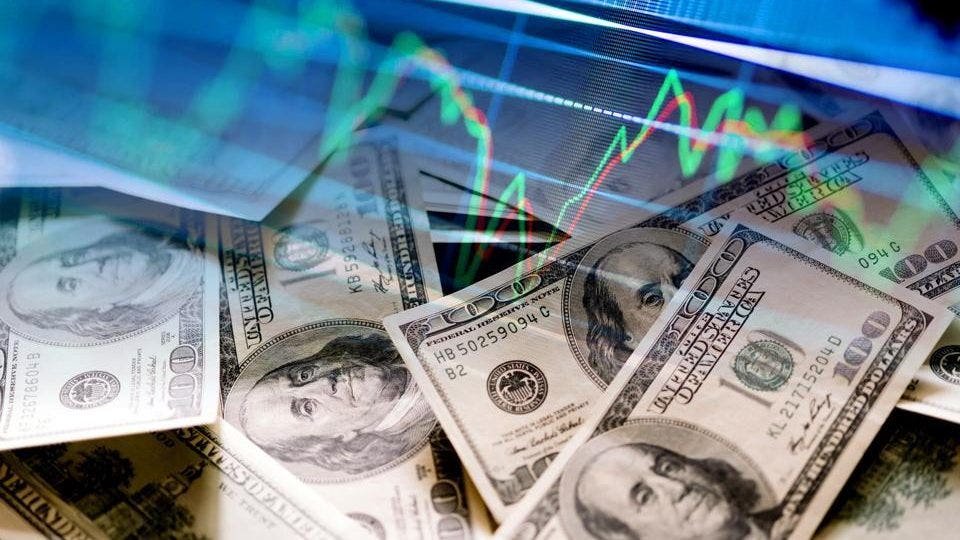By Ankur Banerjee
SINGAPORE (Reuters) -The U.S. dollar drifted lower on Thursday as the Sino-U.S. trade war dented investor sentiment, while growing confidence the U.S. Federal Reserve will cut its policy interest rate this year also weighed on the greenback.
The euro hit a one-week high and was up 0.12% at $1.1661 as traders braced for yet another episode in the French political drama, with Prime Minister Sebastien Lecornu likely to survive two no-confidence votes in parliament.
The yen briefly firmed to a one-week high of 150.51 per dollar but was last flat at 151.04. Japan’s weakened Liberal Democratic Party is set to begin policy talks with right-leaning the Japan Innovation Party on Thursday that could help Sanae Takaichi clinch a prime ministerial vote expected next week.
Investor focus this week has been on the trade spat between the world’s biggest economies, with U.S. officials blasting China’s expansion of rare earth export controls as a threat to global supply chains.
China’s Commerce Ministry defended the controls, pointing to U.S. measures on Chinese goods and companies and calling U.S. criticism hypocritical.
That has undermined the dollar through the week. The dollar index, which measures the greenback against six other currencies, was down 0.16% at 98.512, headed for a weekly decline of 0.33%.
TRUMP-XI MEETING
Amid the tit-for-tat action, U.S. President Donald Trump still expects to meet Chinese President Xi Jinping in South Korea this month, U.S. Treasury Secretary Scott Bessent said.
Vasu Menon, managing director of investment strategy at OCBC, noted the latest trade measures are scheduled to take effect in November after Trump and Xi meet.
“If the meeting goes ahead, some of last week’s measures could be toned down or even unwound and presented as successful deliverables.”
The sides have maintained lower tariffs and continued rare earth flows under a six-month trade truce that has been repeatedly extended for 90-day periods. Bessent has suggested a longer extension was possible.
“An extension, rather than a grand bargain that settles all trade issues, is probably the most realistic second-best outcome compared to the alternative of escalation of retaliation,” said Joseph Capurso, head of foreign exchange at Commonwealth Bank of Australia.
The Australian dollar slipped 0.36% to $0.64875 after data showed unemployment hit a near four-year high in September, adding to the case for interest rate cuts. [AUD/]
The Aussie, often considered a proxy for risk appetite, has been volatile this week due to the trade tension as traditional havens including the Swiss franc gained. The franc was last firmer at 0.7955 per U.S. dollar.







